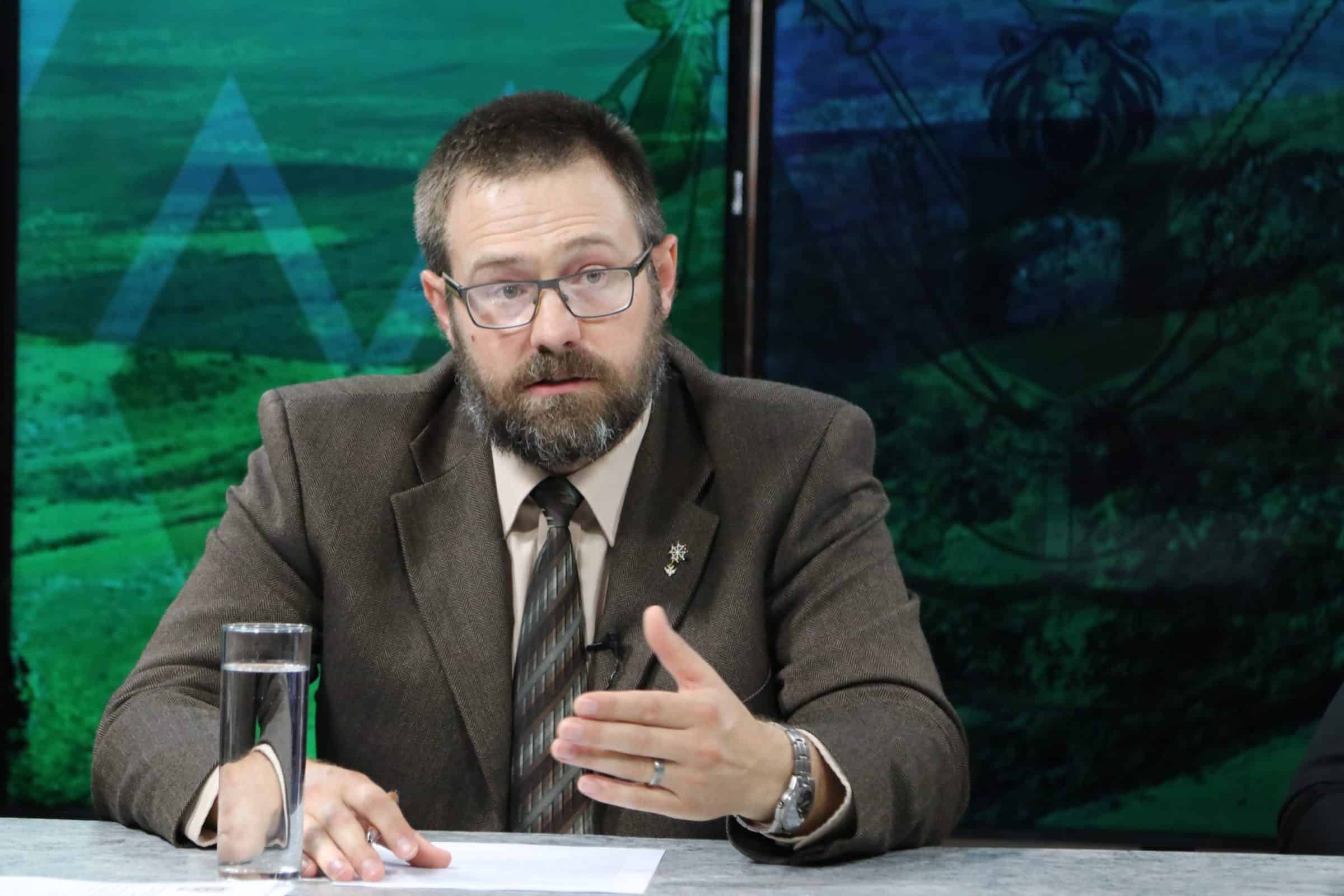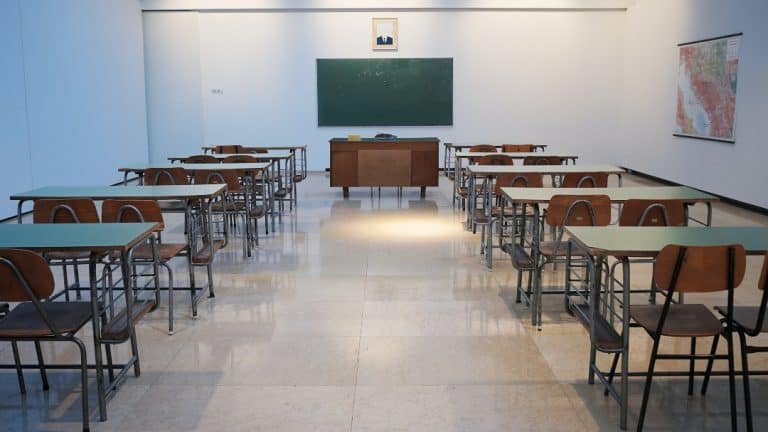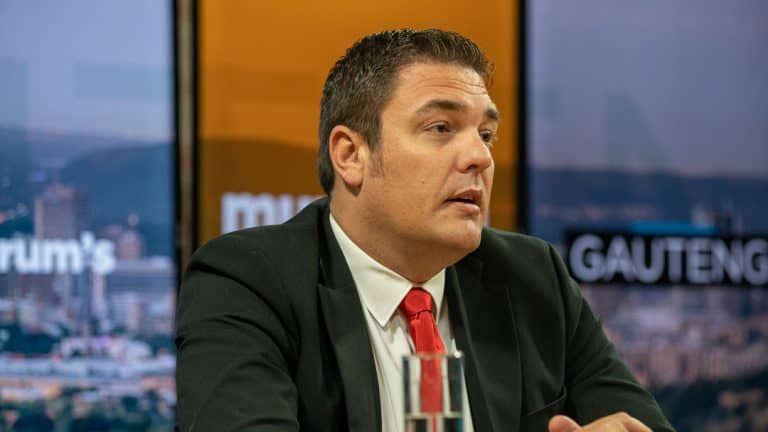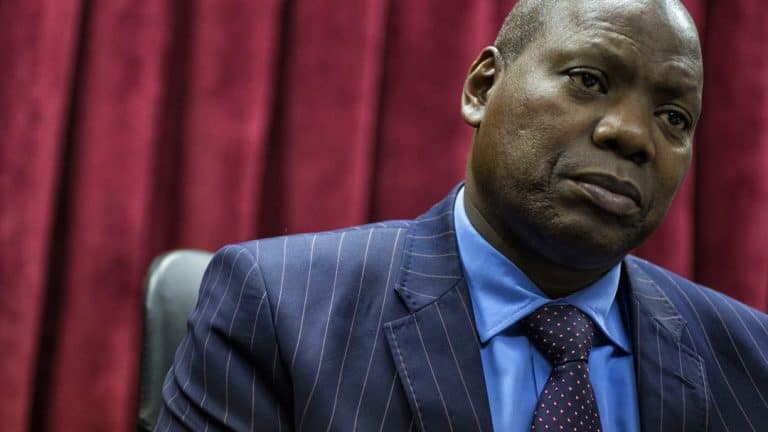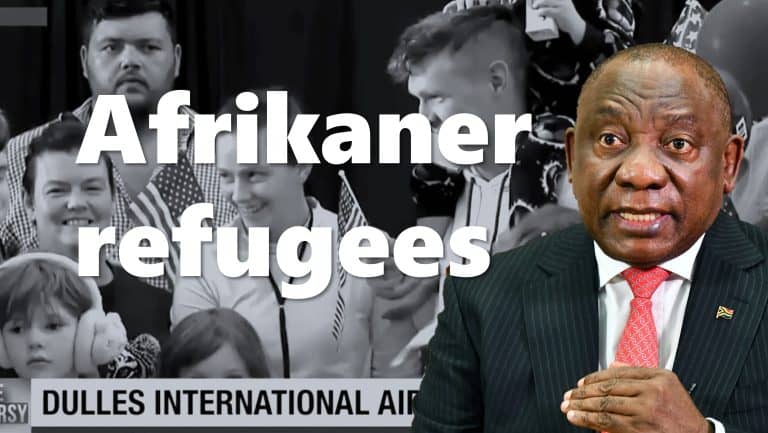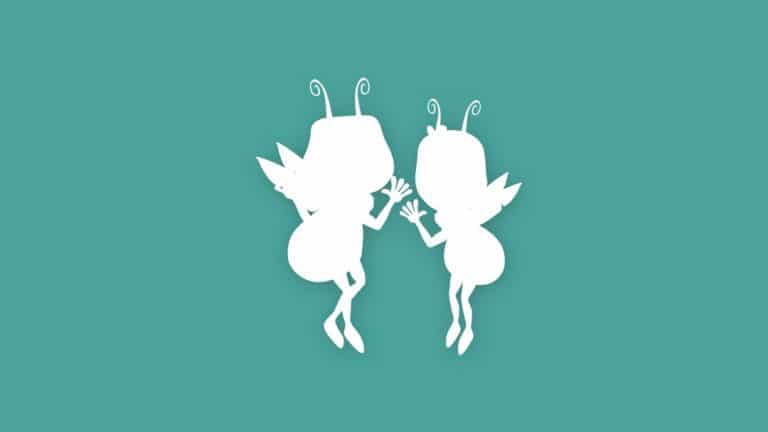More of the same or something new – that is the (only) choice
by Barend Uys, Head of Intercultural Relations and Cooperation at AfriForum
Perhaps we should take a moment to get some distance from the noise and honestly assess reality.
What started as a small ripple on a seemingly calm pond very soon turned into thundering waves that completely blocked out all other sounds and sights – at least that is the picture one got of following governmental spokespersons, their loyal mainstream media outlets, politicians and the elite in general.
A social media post by the leader of one of the strongest economies on the planet, followed by further actions taken and further social media posts, caught the complex society at the southern tip of Africa completely by surprise and started a snowball that soon gathered momentum – in a strange direction.
The Executive Order signed by American president Donald Trump mentioned one of the cultural communities of South Africa, the Afrikaners, by name. It, however, also very specifically pointed out what the United States of America considers to be “egregious actions” by the government of South Africa. The document mentions both local and foreign policies. It is summarised in a single sentence:
“The United States cannot support the government of South Africa’s commission of rights violations in its country or its undermining United States foreign policy, which poses national security threats to our Nation, our allies, our African partners, and our interests.”
The mainstream media, followed by the South African government and the elite, soon discovered that the mention of “Afrikaners” can be used very fruitfully as a lightning rod – and as a stick to lash out at a very visible cultural community. AfriForum and the Solidarity Movement were identified, labelled and vilified as the only cause for the actions taken (including halting aid) by the US. What else can serve as an explanation for singling out Afrikaners?
This is where a pause and honesty are required.
The US is an international superpower with the means to find out and understand exactly what is going on in any country that is of interest to them. They do not need the government of that country, businesses or civil society organisations to tell them anything; that is the simple reality. Another explanation for the order’s mention of Afrikaners and other matters in the order is that the US reached its own conclusions based on its own ability to assess the situation.
For the first time in a very long time, strangely enough, Afrikaners received recognition as a distinct cultural group that calls South Africa home. This recognition did not come from the US alone, but suddenly you heard the term “Afrikaners” used by the South African government and the elite – a word and a people that they failed to recognise for so long.
Unfortunately, the “recognition” by the government and the elite was not at all positive. Afrikaners and organisations that promote their interests, such as AfriForum, were only “recognised” as scapegoats, even worse – as the reason for the horrible everyday realities of ordinary citizens from especially other cultural communities. The government explained that it is Afrikaners that are standing in the way of things getting better for ordinary citizens. That it is Afrikaners who are speaking up against the Bela Act and the Expropriation Act because they want to “protect their privilege”. Worse than these allegations is the assertion by some that “these Afrikaners want apartheid back”.
Let us pause again and think of the past ten or perhaps 15 years. How are grassroots-level communities doing? Are we gradually seeing improvements? If one can find the courage to be honest, one would acknowledge that we are facing a crisis in South Africa. We are seeing a lack of investment and economic growth, staggering levels of unemployment, crime and poverty, collapsing infrastructure, failing governance and inadequate service delivery.
This is, however, not true for everybody living in the country. The experience of a politically connected elite is vastly different. With them, it is going exceptionally well. Water and electricity supply is no issue if you have the means to simply install solar power and drill and equip a borehole. It is logical that they will make a very loud noise if they feel that the system that benefits them so much is being challenged.
There are also some honest, courageous and loyal businessmen and women – from all cultural communities – who are reaping the fruits of their investments, risk-taking and hard work. Successful businesses that provide critically needed employment for fellow citizens, for which all of us must be thankful. And herein lies the real question that we should ask: Do we need more of the same or something new?
The elite, including the government, will tell ordinary citizens that we need “more of the same”, or rather, we need “aggressively more of the same”.
The elite, including the government, will tell ordinary citizens that we need “more of the same”, or rather, we need “aggressively more of the same”. They are trying to convince ordinary citizens that we need more centralised government power and interference (through laws such as the Bela and the Expropriation Act) and more discrimination (through the implementation of policies such as Black Economic Empowerment, BEE, and Affirmative Action, AA) for the so-called benefits to finally, after three decades, reach the majority. They want citizens to believe that the “benefits” could not yet reach those that are yearning for it because their plan was not yet implemented aggressively enough, and specifically, because Afrikaners and AfriForum are standing in the way. This line of argumentation is simply detached from reality.
The ANC had 30 years to transfer government land, farms acquired by the government and the land of traditional communities to these communities and individuals. They had all the power and means to do so but did not. And they did not need and still do not need an Expropriation Act to do so. They carry all the responsibility, and they should carry all the blame for not doing so. Citizens should not fall for the “but we will do it now!” mantra.
The reality is that South Africa needs a new plan. We need new local and foreign policies that put citizens, and not the ANC and elite, first. We need an environment that invites investment and makes it easy to do business – we need the policies, that currently tie the hands of willing entrepreneurs and investors, to change. That will bring us the economic growth and employment opportunities we desperately need to address some of the root causes of poverty and crime. There is, unfortunately, no simple and quick solution.
AfriForum’s actions, both locally and abroad, are taken in the interest of the cultural community that we primarily serve, Afrikaners, but also very much in the interest of all other cultural communities and citizens of the country. When we fix potholes, when we try to solve water problems, when we fight electricity price hikes, when we fight the Bela Act to ensure parental cooperative governance of public schools and mother language education (for all language groups), when we fight the Expropriation Act to prevent disinvestment and business closure, when we do agricultural development projects in collaboration with the Southern African Agri Initiative (Saai) and traditional leaders – and when we ask the US not to punish ordinary South Africans for the actions taken by the ANC-led government and to pressure them to change policies to bring relief to citizens – we are doing so because we understand that a new plan is needed.
Your own eyes and ears will not deceive you if you are willing to honestly engage with the sights and sounds of the real world and not the thundering waves created by the elite, politicians and media.
Judge us by our own words and actions. We do not want apartheid back. We want all cultural communities to live free, safe and prosperous lives in mutual recognition, respect and peaceful coexistence here at the southern tip of Africa.
And for that, we need a new plan – for which we are unashamedly working.




